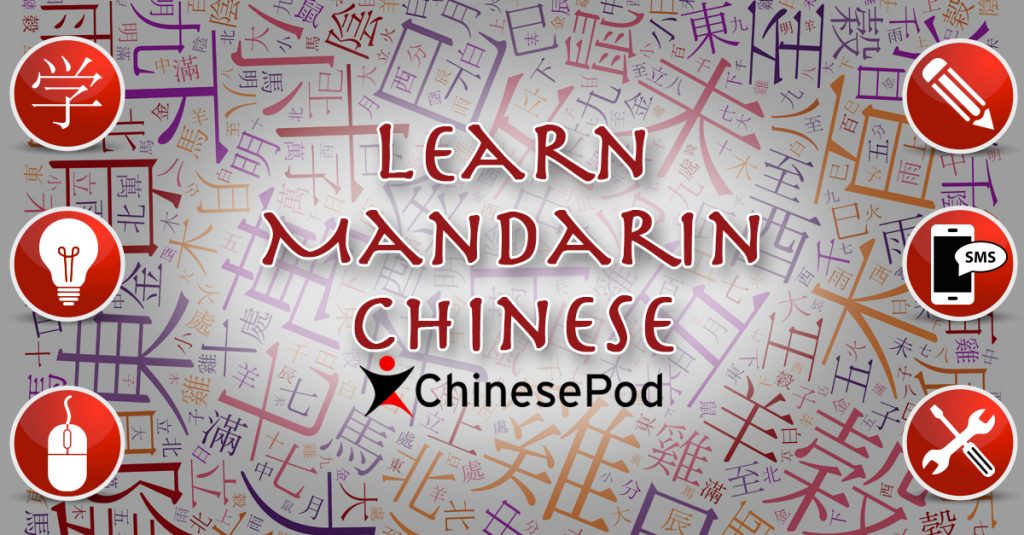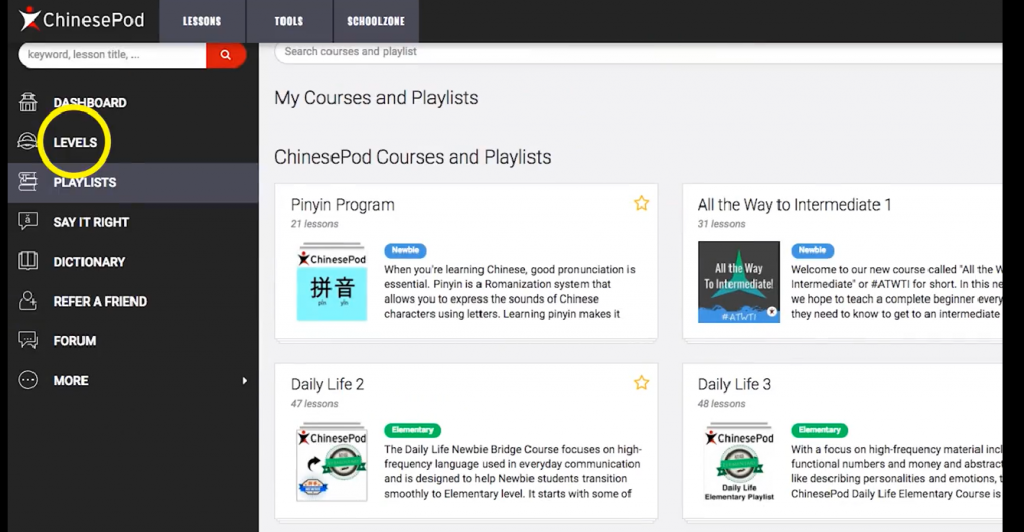Traveling During China’s Golden Week
In 2016 an estimated 589 million Chinese traveled for Golden Week. This reflects an increase of 50 million travelers each year for the previous 3 years in a row. Chinese residents have incorporated travel as a main event of this holiday since it provides a full week of holiday to visit friends, family and loved ones. Here are some times/videos to help you as you travel through China during Golden Week. Be sure to download your lessons!
If you do decide to travel, it would be best to arrive and leave outside of the Golden Week dates. The holiday starts abruptly, and it’s only on the first and last days of the week that their infrastructure struggles. If you do decide to travel on those days expect to find people camped outside bus station, and sitting on the roof of trains.

Source: www.scmp.com
However, before you leave home, get a great guide book and buy street maps in a bookstore or online for cities that you wish to explore. Unfortunately, tourism maps are hardly ever scalable or easy to follow, with almost half of the streets not there, names unclear. Lonely Planet is a great guide book it has great logistics info on almost anywhere you want to go, while DK Eyewitness guides are better known for their color pictorials of everything there is to see.
Personal sanitation is also important while travelling to China. Since you are a tourist, you are mixing with dozens of countries on six continents, not just Asians. So bringing your own alcohol – based wet wipes for water – free hand sanitation. Also you should never drink tap water! Bottled water is everywhere and cheap at the corner convenience stores.

Source: www.quora.com
Another thing that you should bring is your own toilet tissue, as you will rarely find a public toilet supplied with it. It is best that you always carry in your purse, camera bag or backpack. Small travel sized packs (wet toilet wipes and dry tissue) are available in many places. You may also want to use little packs of alcohol wet wipes to go over places your body will touch.
Now that you have read this blog be sure to check out some of our other blog posts, such as ‘Learn Mandarin Chinese: 5 Reasons Why’ and ‘5 Great Wall Hikes For Every Beijing Tourist’
Happy Golden Week! We’re are celebrating China’s annual seven day holiday which includes national day and the mid-autumn festival by offering 3 months premium subscription for $35 or 1 year premium subscription for $139 using promo code GOLDENWEEK! Click here!











